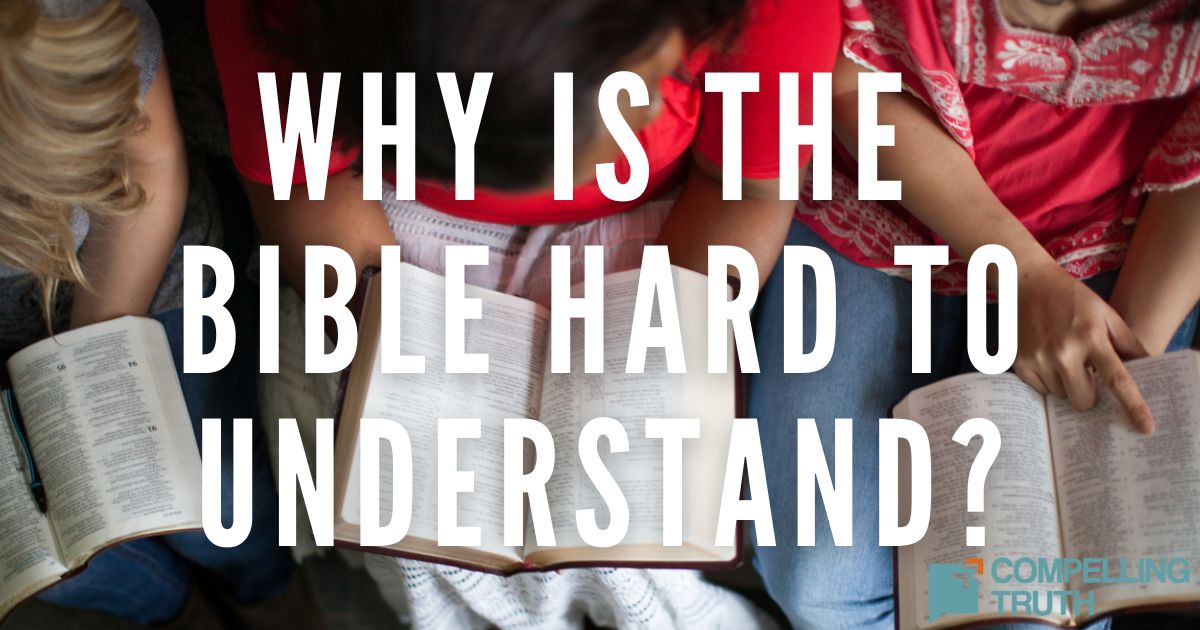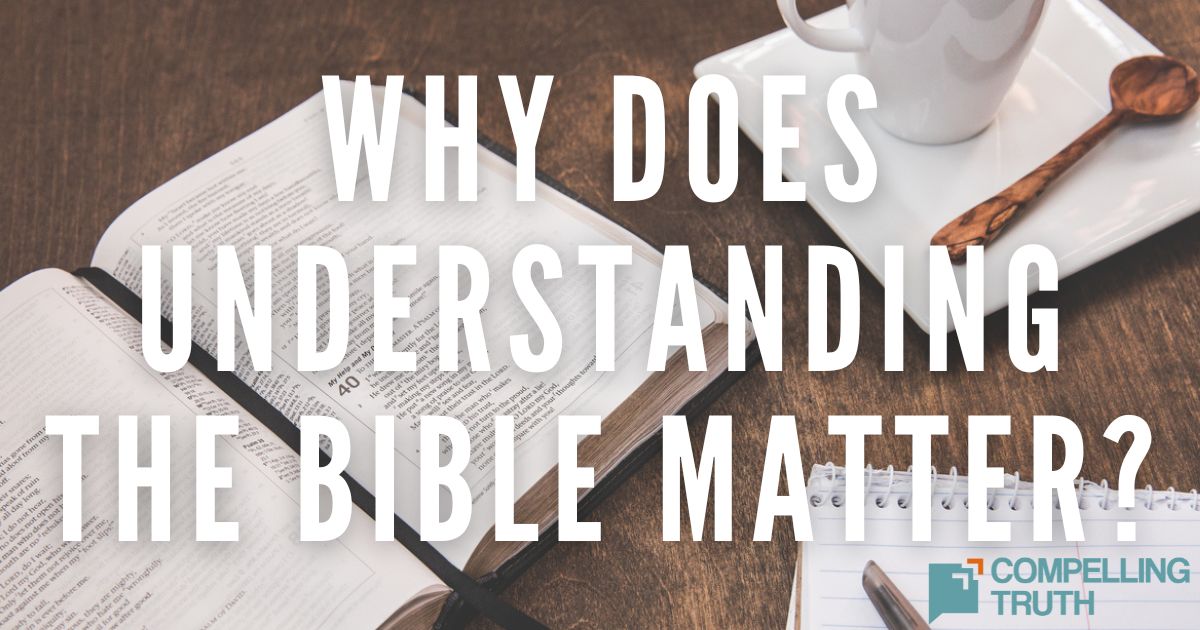So-called esoteric keys to the Bible refer to special insight and abilities select people receive or develop—yet they are false and unbiblical. Even the idea of esoteric keys goes against the teachings of the Bible.
The Bible teaches that the gospel, the good news of salvation, is available to all people (Matthew 11:25). Jesus told His disciples that information people need will become known (Matthew 10:26). The things that are hidden are known by God Himself (Deuteronomy 29:29), not a select group of people or special person. "For the grace of God has appeared, bringing salvation for all people" (Titus 2:11). Our job, everyone's job, is to repent and believe (Acts 17:30).
"Esoteric keys" may include ancient mysteries suddenly made known, biblical discoveries acquired through careful research and formulas, numerology, astrology, sacred geometry, and more. These sorts of claims are really nothing new. The Gnostics claimed special insight, as do other spiritualists.
The Bible does include a dose of mystery and we are encouraged to study and pray over Scriptures, but there are no hidden keys or formulas to do so. "All Scripture is breathed out by God and profitable for teaching, for reproof, for correction, and for training in righteousness, that the man of God may be complete, equipped for every good work" (2 Timothy 3:16–17).
People claiming to have esoteric keys usually also claim to be among the very few to obtain such knowledge. Another frequent claim is that many religions have commonalities but have been adulterated for social or political reasons.
The Bible, solid orthodox Christian theology, and even archaeology and history, stand against such claims. The Gospel of John, for example, is the same today as the copies found just 100 years or so after Jesus' death and resurrection. Thousands of early biblical texts match their counterparts today. In 1 Corinthians 15, we read Paul's summary of the faith that includes Jesus' death and resurrection. These statements can be traced from within three years of the crucifixion. And, of course, not all religions are based on the same foundations. For example, the Aztec beliefs are based on human sacrifice, not love and righteousness.
William Cooper is an example of someone who claimed special esoteric keys. Cooper had a radio show called The Hour of the Time and he claimed on June 22, 1995 that all religions wanted people to do "good things" and that Paul did not write about Jesus being God or being crucified. Cooper also said the Gospel of John was changed many times and that there were hidden messages in the Bible that most Christians simply didn't understand. His claims are unfounded on multiple fronts. In the end, Cooper shot at a sheriff's deputy and was killed by police.
The Bible is both complex and simple. It is the Word of God and should be studied—but with historical knowledge and an understanding of the language in which it was written. There are no obscured, hidden keys to God caught in a complicated set of formulas in Scripture. The message of the gospel is easily understood, and other theological points about how to live a faithful, Christian life, are clear.
The Bible teaches that the gospel, the good news of salvation, is available to all people (Matthew 11:25). Jesus told His disciples that information people need will become known (Matthew 10:26). The things that are hidden are known by God Himself (Deuteronomy 29:29), not a select group of people or special person. "For the grace of God has appeared, bringing salvation for all people" (Titus 2:11). Our job, everyone's job, is to repent and believe (Acts 17:30).
"Esoteric keys" may include ancient mysteries suddenly made known, biblical discoveries acquired through careful research and formulas, numerology, astrology, sacred geometry, and more. These sorts of claims are really nothing new. The Gnostics claimed special insight, as do other spiritualists.
The Bible does include a dose of mystery and we are encouraged to study and pray over Scriptures, but there are no hidden keys or formulas to do so. "All Scripture is breathed out by God and profitable for teaching, for reproof, for correction, and for training in righteousness, that the man of God may be complete, equipped for every good work" (2 Timothy 3:16–17).
People claiming to have esoteric keys usually also claim to be among the very few to obtain such knowledge. Another frequent claim is that many religions have commonalities but have been adulterated for social or political reasons.
The Bible, solid orthodox Christian theology, and even archaeology and history, stand against such claims. The Gospel of John, for example, is the same today as the copies found just 100 years or so after Jesus' death and resurrection. Thousands of early biblical texts match their counterparts today. In 1 Corinthians 15, we read Paul's summary of the faith that includes Jesus' death and resurrection. These statements can be traced from within three years of the crucifixion. And, of course, not all religions are based on the same foundations. For example, the Aztec beliefs are based on human sacrifice, not love and righteousness.
William Cooper is an example of someone who claimed special esoteric keys. Cooper had a radio show called The Hour of the Time and he claimed on June 22, 1995 that all religions wanted people to do "good things" and that Paul did not write about Jesus being God or being crucified. Cooper also said the Gospel of John was changed many times and that there were hidden messages in the Bible that most Christians simply didn't understand. His claims are unfounded on multiple fronts. In the end, Cooper shot at a sheriff's deputy and was killed by police.
The Bible is both complex and simple. It is the Word of God and should be studied—but with historical knowledge and an understanding of the language in which it was written. There are no obscured, hidden keys to God caught in a complicated set of formulas in Scripture. The message of the gospel is easily understood, and other theological points about how to live a faithful, Christian life, are clear.



